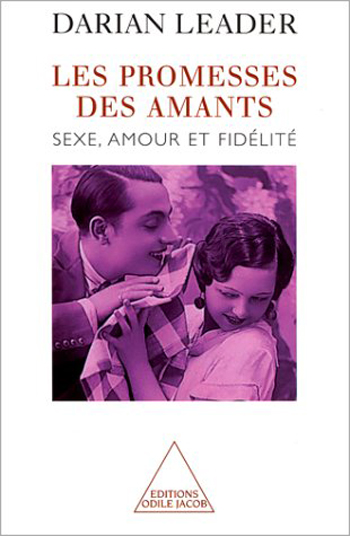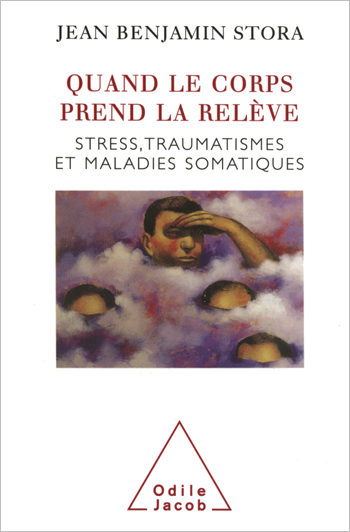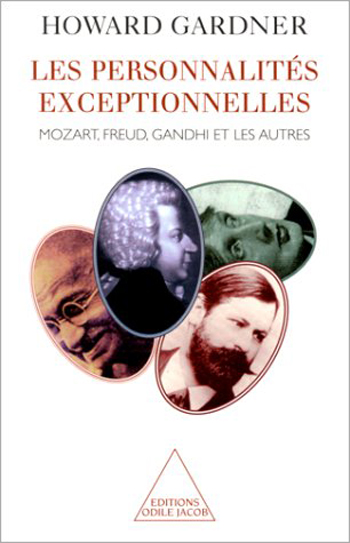Psychology All books
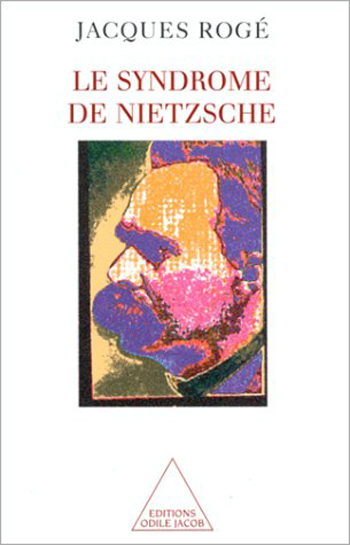
Jacques Rogé
Nietzsche's Syndrome
Nietzsche was a manic-depressive. This is the conclusion that one doctor, Professor Jacques Rogé has come to after reading the works of the great philosopher, in particular his autobiographical texts. In light of this diagnosis, he explains why the author of Joyful Wisdom continuously oscillated between periods of creative exultation and periods of melancholic depression. In particular, he draws out the essential role that this illness played in the explosion of Nietzsches genius.
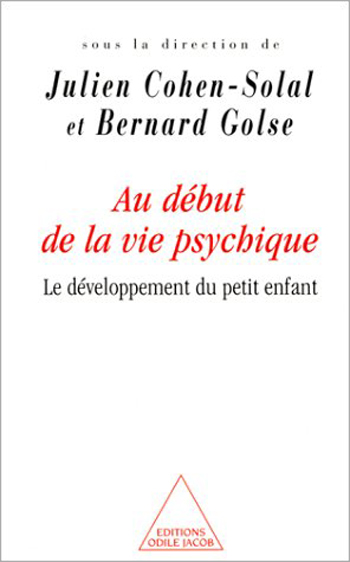
Julien Cohen-Solal, Bernard Golse
At the Beginning of Psychological Life The development of the small child
This collection of articles, written by some of the world's greatest specialists in child and infant care, deal with the child's development, inherent potential, and interaction with their environment and family from 0-3 years old; early childhood bonding, the role played by outside stimuli, the workings of the unconscious, the impact of affectivity on intelligence, the appearance of thought, the development of speech, the growth of the consciousness of self, sexuality, and the child's relations with its mother, father, and siblings.. This book will be a useful tool both for parents who wish to understand their child's development and for childcare professionals who wish to keep up with recent research. Julien Cohen-Solal is the co-author, with René Frydman, of My Pregnancy, My Child. Bernard Golse heads the child-psychiatry service at the Hôpital Saint Vincent de Paul, in Paris, and teaches psychiatry at the University of Paris-V.
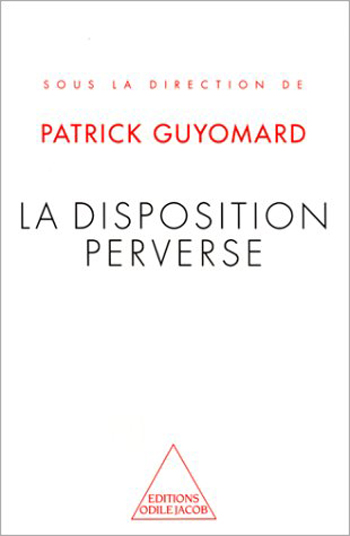
Patrick Guyomard
The Tendency for Polymorphe Perverse Behaviour
It is the child that Freud predominantly identifies as polymorphe perverse in his Three Essays on Sexual Theory, but he recognised that it is in fact a universally human and original trait. Certainly, clinical experience suggests that this characteristic is not solely reserved for children. It is evident in each psychoanalytical treatment as common to all mankind. It is also found in science and in politics. If the tendency for polymorphe perverse behaviour is a universally human trait, everyone who has human thought patterns is affected. It is for this reason that this book gathers together reflections from psychoanalysts, clinicians specialising in both adults and children, scientists, anthropologists, and historians in order to revaluate the perversion and give a new perspective on the controversies it can trigger. Organised by the Freudian Psychoanalyst Society.

